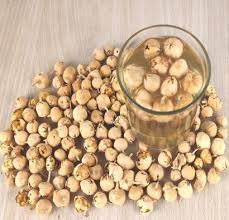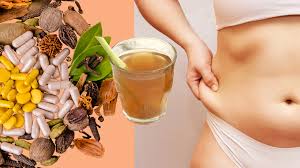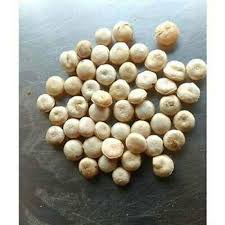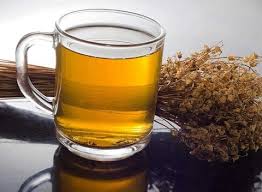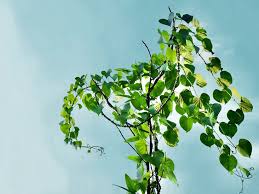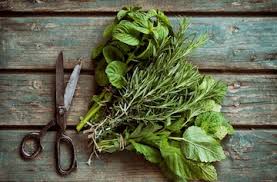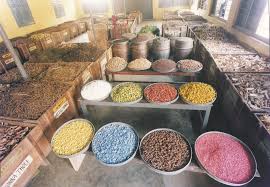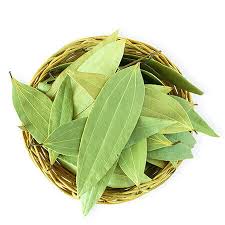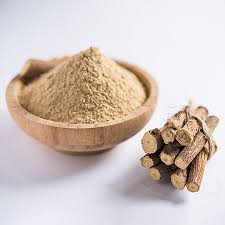
How to Identify Fake vs. Authentic Jadi Buti & Bapchi Seeds
The demand for Jadi Buti (medicinal herbs) and Bapchi (Psoralea corylifolia) seeds is increasing due to their numerous health benefits and Ayurvedic applications. However, with this rise in demand, the market is flooded with fake or low-quality herbs, making it challenging for buyers to differentiate between authentic and counterfeit products.
At Dirghaanshi, we provide insights into identifying genuine herbal products, ensuring that consumers and businesses invest in pure and effective Ayurvedic remedies. This article explains the key differences between real and fake Jadi Buti & Bapchi seeds, helping you make informed purchasing decisions.
Long Description (With SEO Points)
- Why is Authentic Jadi Buti & Bapchi Seed Important?
Genuine medicinal herbs and Bapchi seeds contain active compounds that provide health benefits, whereas fake or adulterated products can:
Lose their medicinal properties due to chemical treatments.
Cause allergic reactions or health issues.
Lead to financial losses for businesses and consumers.
Harm traditional Ayurvedic treatments by reducing their effectiveness.
To ensure purity, it is essential to verify authenticity before purchasing herbal products.
- Key Differences Between Fake and Authentic Jadi Buti & Bapchi Seeds
Feature Authentic Jadi Buti & Bapchi Seeds Fake Jadi Buti & Bapchi Seeds
Appearance Natural color, slight variations due to organic growth Uniform color, often chemically treated
Texture Rough, organic feel with natural imperfections Smooth, artificial texture
Smell Strong herbal aroma, distinct earthy scent Faint or no smell, sometimes chemical-like
Taste Slight bitterness or pungent taste Tasteless or unnatural taste
Weight Proper weight-to-size ratio Lighter than normal due to mixing
Water Test Sinks in water, showing density Floats or dissolves abnormally
Burn Test Burns with a natural herbal scent Produces a chemical or plastic-like odor
Supplier Verification Certified supplier with lab-tested purity No certification or lab testing reports - How to Identify Authentic Jadi Buti & Bapchi Seeds?
A. Visual Inspection
Authentic herbs and seeds have natural color variations and irregularities.
Fake products often appear too uniform and glossy, indicating chemical processing.
B. Smell & Taste Test
Original Jadi Buti has a distinct natural aroma, while fake herbs lack fragrance.
Bapchi seeds should have a mildly bitter and earthy taste. If they taste different, they may be mixed with artificial ingredients.
C. Water Test
Drop the seeds or herbs into water. Pure Jadi Buti and Bapchi seeds will sink, while fake or adulterated ones may float due to lightweight fillers.
D. Burn Test
When burned, authentic herbs should produce a natural, earthy smell.
Fake ones may emit a plastic-like or chemical odor, indicating artificial substances.
E. Certification Check
Always buy from certified herbal suppliers with lab test reports and quality assurance.
Look for Ayush, GMP, or Organic India certifications for genuine Ayurvedic products.
F. Supplier & Brand Reputation
Purchase from trusted sources like Dirghaanshi, which ensure pure, high-quality Jadi Buti and Bapchi seeds.
Avoid suspicious online sellers offering unrealistically low prices.
- Common Adulteration Methods Used in Fake Jadi Buti
Fraudulent sellers often use these methods to deceive buyers:
Mixing with low-grade herbs to increase weight.
Artificial coloring to enhance appearance.
Chemical treatment to prolong shelf life but reduce medicinal value.
Substituting real herbs with look-alike non-medicinal plants.
- How to Ensure Safe Purchase of Jadi Buti & Bapchi Seeds?
A. Buy from Verified Sellers
Choose trusted platforms like Dirghaanshi, which guarantee 100% natural and lab-tested products.
Ask for certifications and lab test results before making a bulk purchase.
B. Check Packaging & Labels
Authentic herbal products have detailed labeling with botanical names and sourcing information.
Fake herbs may have missing or incorrect ingredient lists.
C. Look for Organic Certifications
Certified organic Jadi Buti and Bapchi seeds ensure no pesticides or artificial additives.
Check for GMP, ISO, or Organic India labels on packaging.
D. Conduct a Small Sample Test
Before making bulk purchases, buy a small quantity and perform authenticity tests.
If the product fails smell, taste, or water tests, avoid further purchases.
- Future Trends in Herbal Product Authentication
Blockchain technology is improving traceability in herbal product sourcing.
AI-powered image recognition helps identify genuine herbs and seeds.
Strict government regulations are increasing transparency in the herbal industry.
Lab testing facilities are becoming more accessible for businesses.
Conclusion
The herbal industry is growing, but fake Jadi Buti & Bapchi seeds pose a significant threat to consumers and businesses. By using visual inspection, water tests, supplier verification, and certification checks, you can ensure that you are purchasing high-quality Ayurvedic herbs.
At Dirghaanshi, we prioritize authentic, lab-tested herbal products, ensuring our customers get the best quality Jadi Buti and Bapchi seeds. Choose trusted sellers, perform proper checks, and invest in pure, natural remedies for the best health benefits.


